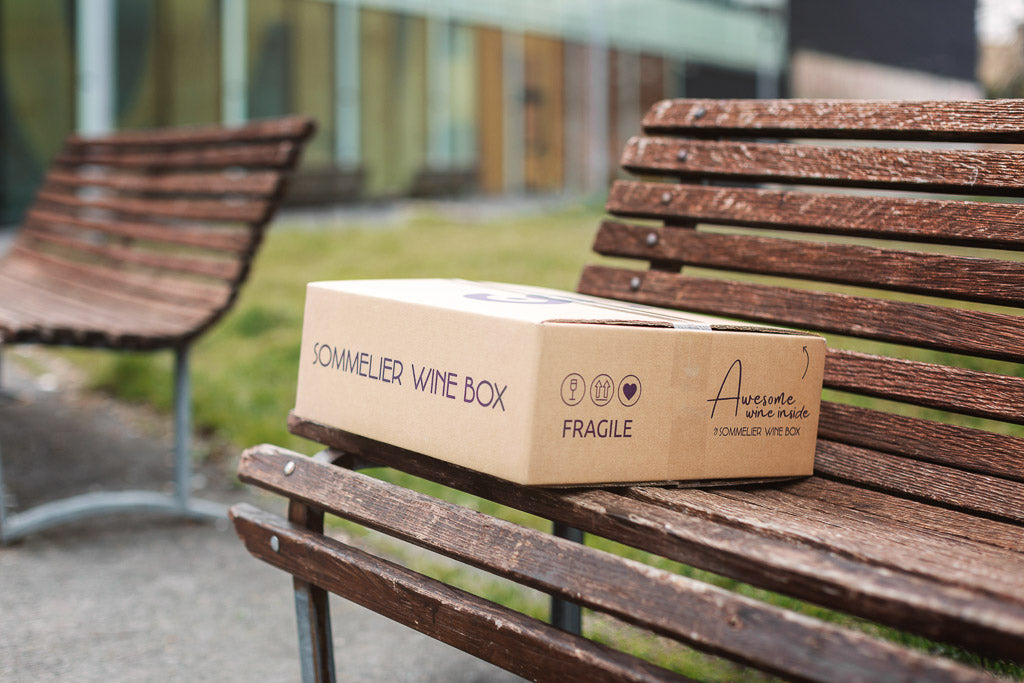Whether it is a way to understand wine while enjoying it with friends or whether it is done for work during a competition, blind tasting is a moment of confrontation with oneself. Let's take a look at what you need to know about blind tasting and some tricks you can learn to guess the wine you are tasting without seeing the label.
What you need to know about wine tasting: a small guide.
What is blind tasting?
Tasting a wine blind (blind tasting or covered tasting) means tasting it by covering its label (not by covering your eyes!), in order to guess the wine (or grape variety). It is a typical practice in sommelier competitions.
Why blind tasting?
Tasting wine blind is first and foremost a lot of fun, it has nothing to do with guessing grape varieties or terroirs at random, but on the contrary it is a valuable opportunity for reasoning and comparison, always guided by one's own sensations and according to a process of progressive approach to the goal.
What is the battery in sommelier jargon?
The battery is the series of bottles tasted, neatly displayed in a row and rigorously photographed for social media.
How is a blind tasting done?
First you cover the bottle (or the wine samples) with aluminium foil or a special cap or gown, to guarantee absolute anonymity, an operation that can be done by the host who will be directing, if you are in a wine bar, by the competition committee or in turn by the people you are tasting with. In the latter case, everyone usually brings a bottle to share and a truly memorable evening can be had.
The place where the blind tasting takes place must be appropriate, especially away from strong smells that can influence the perception of the wine.
The same goes for the glasses, which must be tasting glasses, to best enhance the characteristics of the wine and make it recognisable.
- Read also: How to choose the right glass for each wine
Each wine should be brought to the correct serving temperature.
Do not exaggerate with the number of samples to be tasted.
Tips for a perfect blind tasting
To learn how to recognise wine blind, you first need to do a lot of tasting: this allows you to put many wines and their characteristics into your personal database, which you can then retrieve from your memory at the time of tasting. In particular, you need to memorise the most typical characters of the various grape varieties, especially the international ones, which although with variations due to the place where they are produced tend to be more recognisable. If you want to get started, we have written easy guides to recognising various wines, including Pinot nero, Grenache, Moscato and Gewürztraminer, Syrah, Merlot, Chardonnay, Riesling, Cabernet Sauvignon.
Basic but worth remembering: to be able to recognise the wine, you need to approach the tasting with concentration right to the end. Only by paying attention to what you are tasting can you try to recognise it.
First impressions count: trust your first impression and start from that to confirm or possibly refute it.
If you want to learn how to taste wine, don't miss our comprehensive guide.
What to avoid during a blind tasting?
There is only one thing to avoid: believing oneself infallible and giving sweeping and clear-cut judgments: making mistakes is just around the corner even for the most experienced people because wine is a complex world, made up of nuances and variables that make it so fascinating.
- Read also: tricks for speaking like a sommelier




